Chris Barber and Tamara Lich Found Guilty
Source: The Iron Wire
(0:00 - 0:38) I'm Will Dove and these are the top stories for Thursday, April 3rd. Today, in a disgusting miscarriage of justice, Ontario Judge Heather Perkins-McVey found Freedom Convoy organizers Tamara Lich and Chris Barber guilty of mischief-related charges for their roles in the 2022 Ottawa Trucker protest against COVID-19 mandates, marking a significant legal outcome after a lengthy trial. This morning, in an Ottawa provincial courthouse, Justice Heather Perkins-McVey delivered her verdict in the high-profile trial of Tamara Lich and Chris Barber, key figures in the 2022 Freedom Convoy protest. (0:39 - 2:14) The pair were found guilty of mischief and counselling others to commit mischief, stemming from their leadership in the demonstration that occupied Ottawa for three weeks, starting January 29, 2022. Barber was also convicted of counselling others to disobey a court order, linked to his encouragement of truckers to ignore an injunction against horn honking in downtown Ottawa. The Freedom Convoy, which saw hundreds of trucks and thousands of supporters converge on the capital, aimed to pressure the government into lifting COVID-19 restrictions. The protest disrupted local residents and businesses, prompting then-Prime Minister Justin Trudeau to invoke the Emergencies Act on February 14, 2022, an unprecedented move later deemed unconstitutional by a federal court ruling in January 2024. Lich and Barber faced charges including mischief, intimidation and obstructing police, though they were acquitted of intimidation and obstruction counts today. Justice Perkins-McVey stated that evidence showed Lich and Barber knowingly encouraged an unlawful blockade, with Barber's social media posts rallying truckers to hold the line and Lich coordinating logistics despite awareness of the chaos caused. The defence argued the protest was peaceful and blamed police mismanagement, but the judge ruled their actions crossed into criminal territory. The trial, starting September 5, 2023, became Canada's longest mischief case, spanning over 50 court days. Chris Barber exited the courthouse to shouts of freedom by the crowd of supporters, though he made no comments. (2:44 - 2:55) Shortly thereafter, Tamara left, surrounded by people protecting her from the mob. While most of the crowd was there in support, one woman can be heard calling Tamara a traitor. It is unknown if she is a reporter. (3:32 - 4:56) Sentencing is pending with mischief carrying a maximum of 10 years, though legal experts anticipate lighter penalties given the stayed charges and context. Supporters greeted Lich and Barber outside court today reflecting the protest's lasting polarizing impact. The verdict closes the chapter on a movement that shifted Canada's pandemic policy debate. On Tuesday, Mark Carney dropped the consumer carbon tax, but that's not the whole story. I'm joined now by Kris Sims, the Alberta Director for the Canadian Taxpayers Federation. Kris, what does the axing of the carbon tax mean for consumers? Yeah, today is a mix. First off, it's a huge celebration. This is a big win for hardworking Canadians because it's everyday hardworking Canadians that have forced the hand of this Liberal government in Ottawa. So the carbon tax has been reduced down to zero. So that is now saving people about 18 cents a litre of gasoline. So the carbon tax reduction has caused the gas price behind me to drop by about 20 cents overnight. That's some serious savings. Now that the carbon tax has been reduced to zero, that means that you're going to save around $13 every time you fill up a minivan and around $20 every time you fill up a pickup truck. So it's a really big deal. But Carney hasn't really axed the tax, he just shifted it to corporations. (4:57 - 5:47) How will that affect consumers? Yes, of course, the devil is always in the details. And so while right now it's a really good thing to have the consumer, so-called consumer facing carbon tax down to zero, Prime Minister Mark Carney has said that he's going to shift the carbon tax to the industrial carbon tax. And of course, the industrial carbon tax is just a carbon tax. Everyday working people will definitely be paying that price because things like fuel refineries, fertilizer plants, steel manufacturers, they can't just eat that increased cost coming from the government in Ottawa. They will pass that cost on down to us, to the average person who's buying their product. Or unfortunately, they will just pick up and leave and take their operation south to the United States, where there isn't an industrial carbon tax. (5:48 - 6:24) Right, so it's not really gone. Sure, he's made the politically astute move of appearing to give the carbon tax a break. But as you've pointed out, they'll still be paying it. What's the answer, Chris? The answer is to get rid of all of them. So the consumer carbon tax needs to be gone. The industrial carbon tax needs to be gone. All carbon taxes need to be gone. That's why it's great to see Saskatchewan Premier Scott Moe taking the lead and declaring that Saskatchewan's industrial carbon tax, gone. Saskatchewan is now the first carbon tax free zone in all of Canada. (6:25 - 6:47) This is really important. And there's a lot of momentum behind this. We just saw a trade union, a trade union out of Hamilton, endorse Pierre Poilievre and the Conservative Party. I think it's the fourth trade union that has done so. Why did that one do that in Hamilton? Because of the industrial carbon tax. Because of the decimation it would cause the steel industry in Ontario. (6:48 - 6:59) So the same goes here in Alberta. Same goes across Canada. We want to see every single Premier come out and number one, stand up to Mark Carney's industrial carbon tax at the federal level. (7:00 - 7:11) And number two, get rid of their provincial industrial carbon taxes. Because it is just a huge financial punishment for average hardworking Canadians. And it does not help the environment. (7:14 - 9:24) We know that Carney is a globalist and that he's using the false climate alarmist narrative to help with his agenda of bankrupting Canada. It would be great if we could just get people to understand that CO2 emissions have nothing to do with global warming. But the narrative is so strong, that's not really an option. So how do we practically address this? Yeah, Canada is responsible for 1.4 percent of global emissions. If global emissions are your key issue and that's the main problem, well then tackle the big end of the arithmetic problem. Sell things like natural gas to places like India that are huge heavy emitters. That will help the global emissions problem. Because even if Canada ceased to exist, God forbid, it wouldn't make a dent in global emissions. The parliamentary budget officer has said as much as well. So yeah, time has definitely come for every single province to get rid of all of their carbon taxes. And for the average person to stand up and be heard, tell the Carney government you don't want a hidden industrial carbon tax. Kris, thank you for giving your time for this interview and for the excellent work the Taxpayers Federation is doing. You bet, thanks so much. You can find more information at taxpayer.com Trump's new tariffs have triggered a cascade of international reactions from Scotland's whiskey woes to Canada's exemption relief, as nations like Britain, the EU and India weigh retaliation, while the U.S. Senate pushes back against levies on Canada. Trump's Liberation Day tariff announcement on April 2nd has sent shockwaves worldwide, prompting varied responses. In Scotland, the scotch whiskey industry fears a repeat of 2019, when U.S. tariffs slashed exports by £600 million over 18 months. Industry leaders warned that a new single-minded levy could devastate distillers, with exports to the U.S. worth £1 billion annually, already vulnerable after a 25% tariff was lifted in 2021. Scottish Secretary Ian Murray called it a hammer blow to an iconic sector. (9:26 - 10:02) Canada dodged fresh tariffs this week, retaining exemptions under the USMCA trade deal, though border-related penalties from March 4th persist, tied to U.S. concerns over fentanyl and migration. Then-Prime Minister Justin Trudeau hailed this as a diplomatic win, avoiding escalation after Canada imposed $30 billion in retaliatory tariffs on UF goods like orange juice and peanut butter. However, the U.S. Senate on April 2nd passed a resolution opposing Trump's Canada tariffs, with four Republicans joining Democrats, signalling domestic resistance. (10:03 - 10:33) Britain's Prime Minister Keir Starmer pledged to pursue a U.S. trade deal to avert a trade war, despite a 10% baseline tariff looming. The U.K. released an indicative list of U.S. goods, like bourbon and motorcycles, facing potential retaliation if talks fail, with a public input deadline set for May 1st. The EU, hit with a 20% tariff, vowed countermeasures, with Commissioner President Ursula von der Leyen decrying the blow to global trade. (10:34 - 11:08) France's Emmanuel Macron urged Europe to suspend U.S. investment, while EU trade chief Maroš Šefčovič plans talks with U.S. counterparts on April 4th. India, facing a 26% tariff, is examining implications, with officials hinting at targeted reprisals if negotiations falter. Japan's Trade Minister Yoji Muto labelled the 24% tariff regrettable, promising a swift response, while South Korea, Mexico and Brazil signalled restraint, pending further talks. (11:08 - 14:16) The global fallout underscores fears of inflation, supply chain chaos, and a fractured trade order as nations brace for Trump's economic gambit. Yesterday, I reported on the inefficacy of the smallpox vaccine. Today, another nail was pounded into the vaccine coffin. Dr. Suzanne Humphries, in a March 26th Joe Rogan podcast, argued that vaccines didn't eradicate polio either, claiming sanitation improvements and diagnostic shifts were key, sparking renewed controversy over vaccine efficacy and history. On March 26th, Dr. Suzanne Humphries, a former nephrologist turned vaccine skeptic, appeared on the Joe Rogan Experience, asserting that the polio vaccine's role in eradicating the disease is overstated. Humphries, co-author of Dissolving Illusions, argued that polio's decline stemmed from better sanitation and a 1955 diagnostic change, not vaccination. She claimed paralytic polio was often misdiagnosed, with cases reclassified as Guillain–Barré syndrome or linked to DDT pesticide exposure, suggesting the virus persists under different names today. Humphries detailed how pre-vaccine polio diagnoses relied on symptoms alone, but post-1955 required lab confirmation, reducing reported cases. She cited historical data showing polio-like paralysis spiked with DDT use, banned in the U.S. in 1972, and argued that 95-99% of polio infections are asymptomatic, questioning its severity. She also alleged early polio vaccines, contaminated with SB40 from monkey cells until 1963, posed risks, though studies show no clear cancer link. The podcast, viewed millions of times, alarmed public health advocates who note polio vaccines, introduced in 1955 and 1961, cut U.S. cases from 35,000 annually in the 1950s to near zero by 1979. Global eradication efforts reduced cases from 350,000 in 1988 to 12 in 2024, according to the World Health Organization. Critics argue Humphries cherry-picks data, ignoring trials like the 1954 Salk vaccine study involving 1.8 million children, which supposedly proved efficacy. Rogan, initially supportive, later faced pushback from figures like Elon Musk, who on March 27 defended vaccines as a top human invention. Humphries' claims echo anti-vaccine sentiments, raising concerns amid rising measles cases. Over 300 have been reported in Canada in the last year, which vaccine proponents linked to vaccine hesitancy. The Public Health Agency of Canada notes that in 2024, of 147 reported cases, no deaths were recorded by November, though hospitalizations occurred purportedly among unvaccinated children under five.
1 Comments
Leave a Comment Cancel Reply
You must be logged in to post a comment.

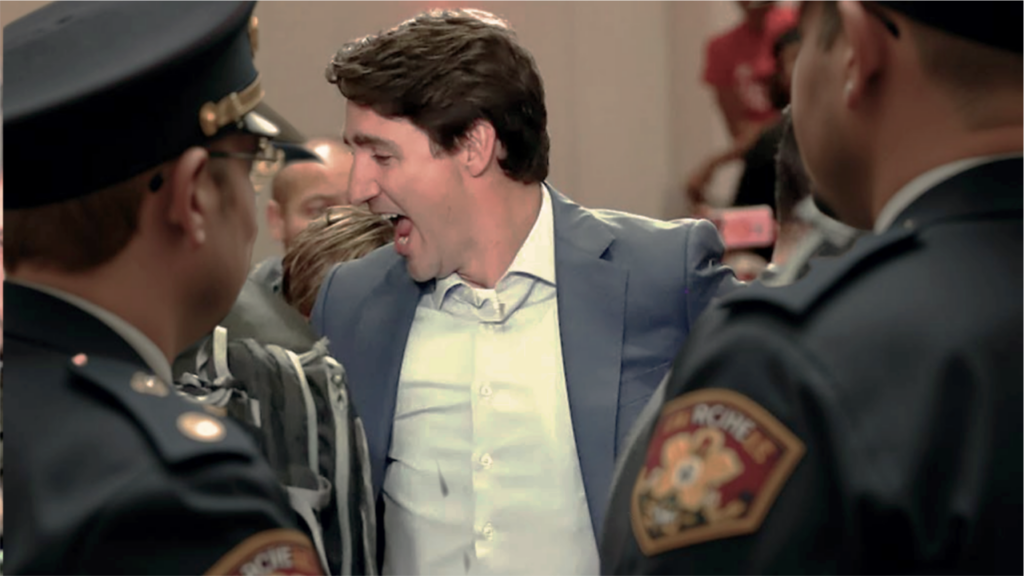

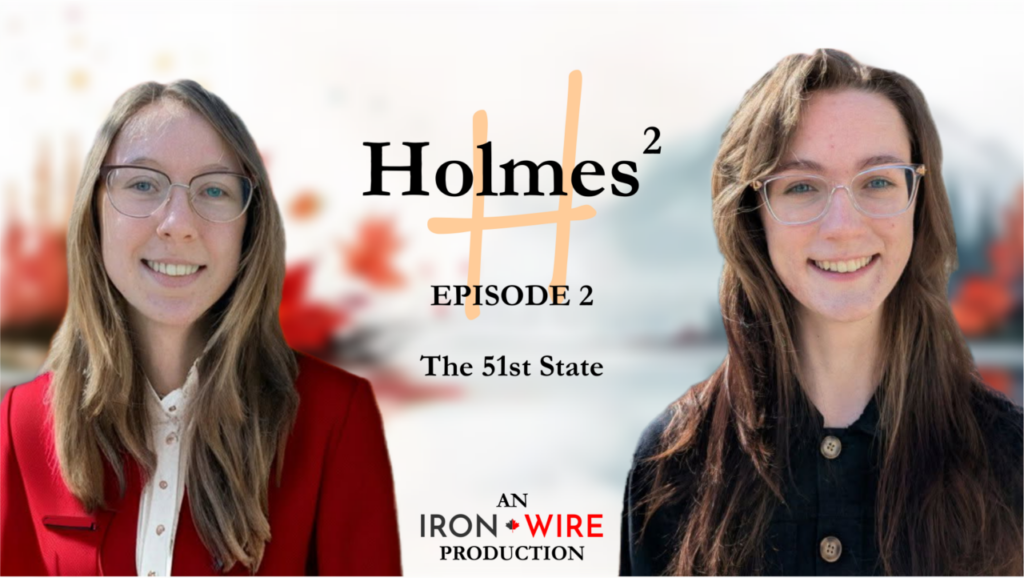
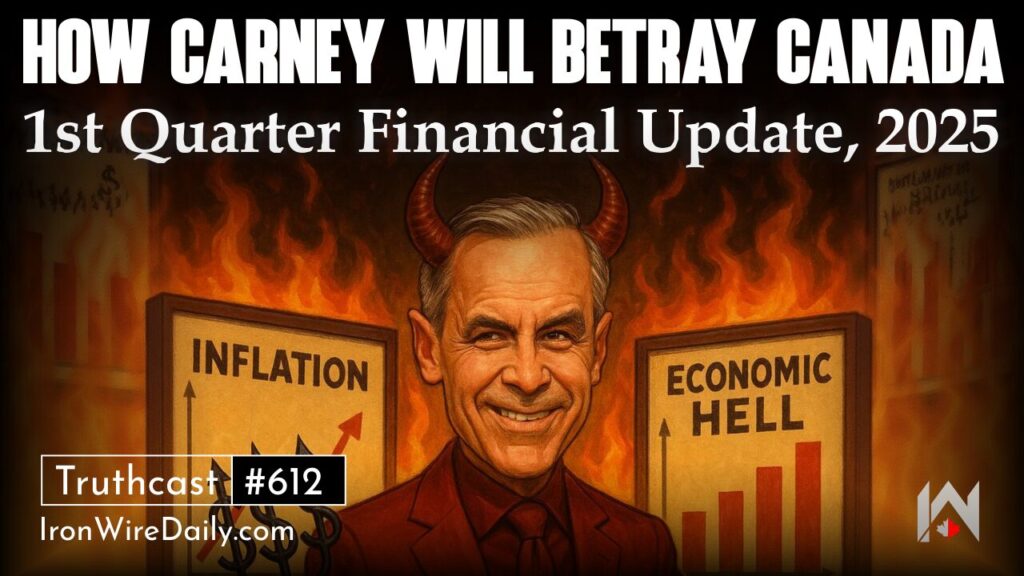
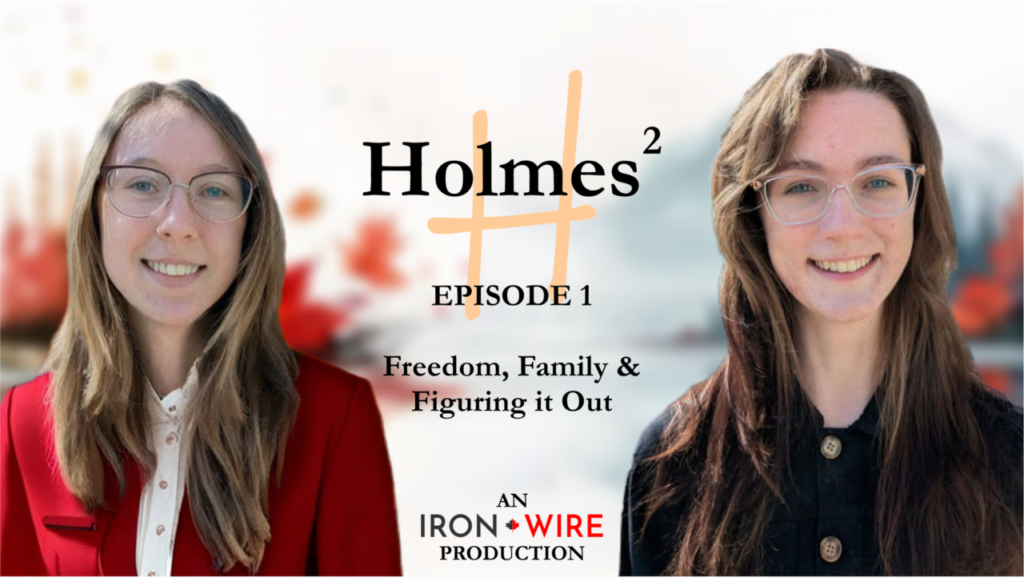

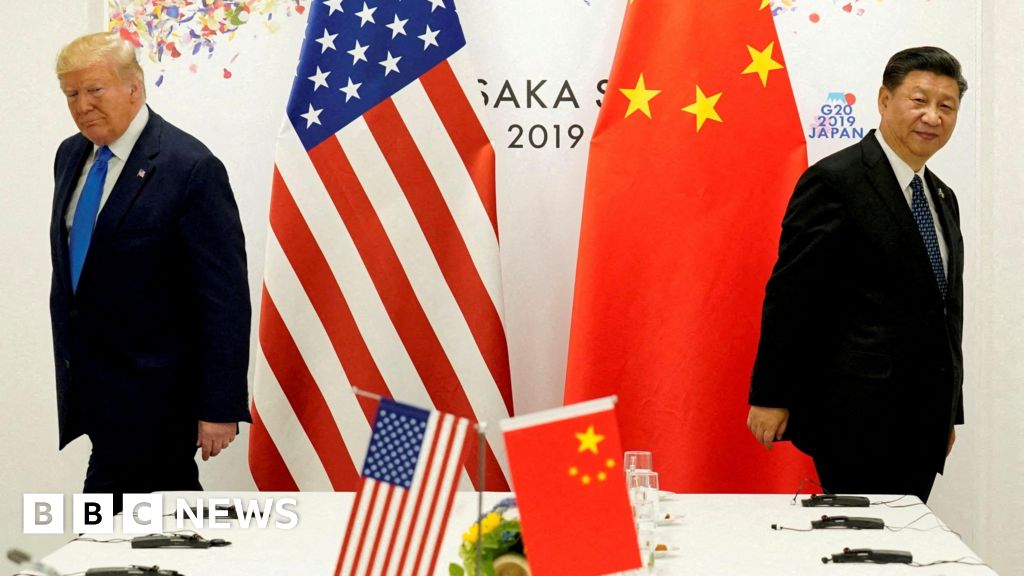
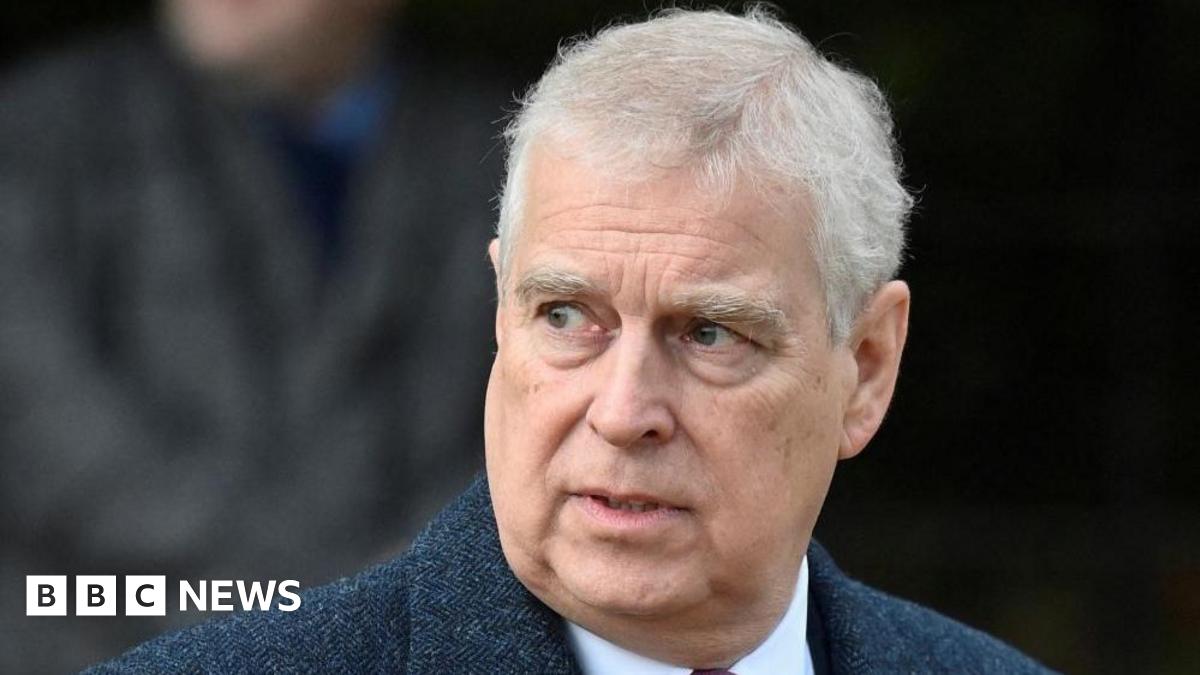
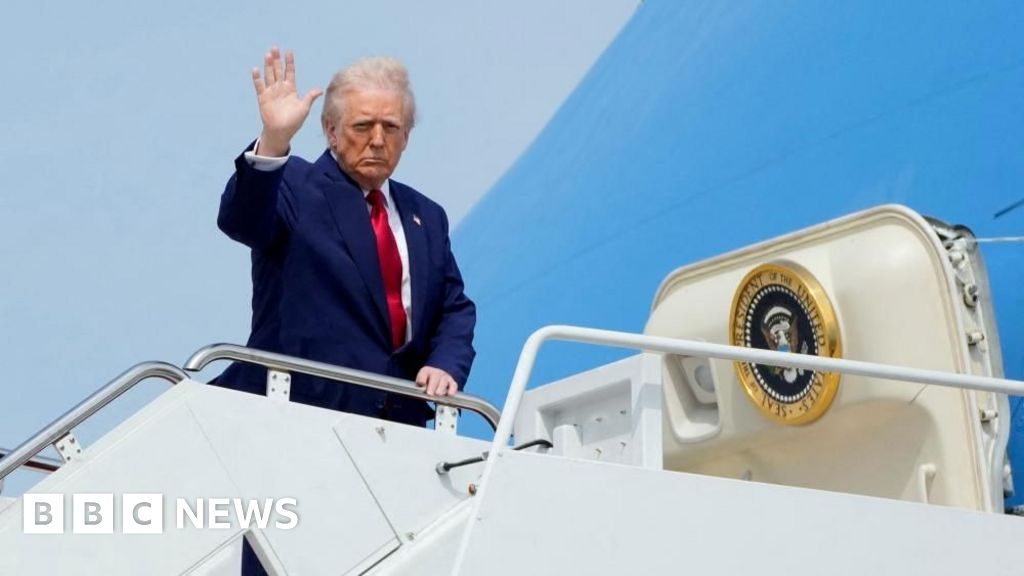




Merci.